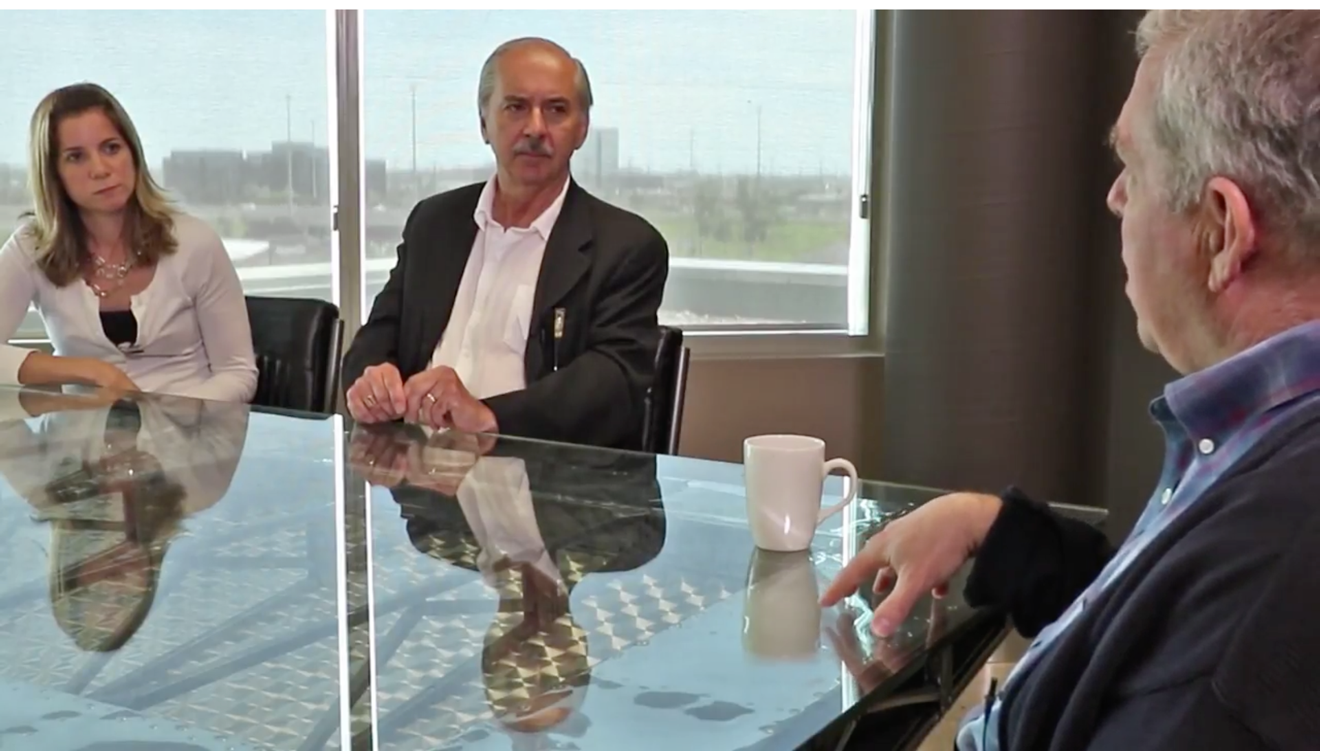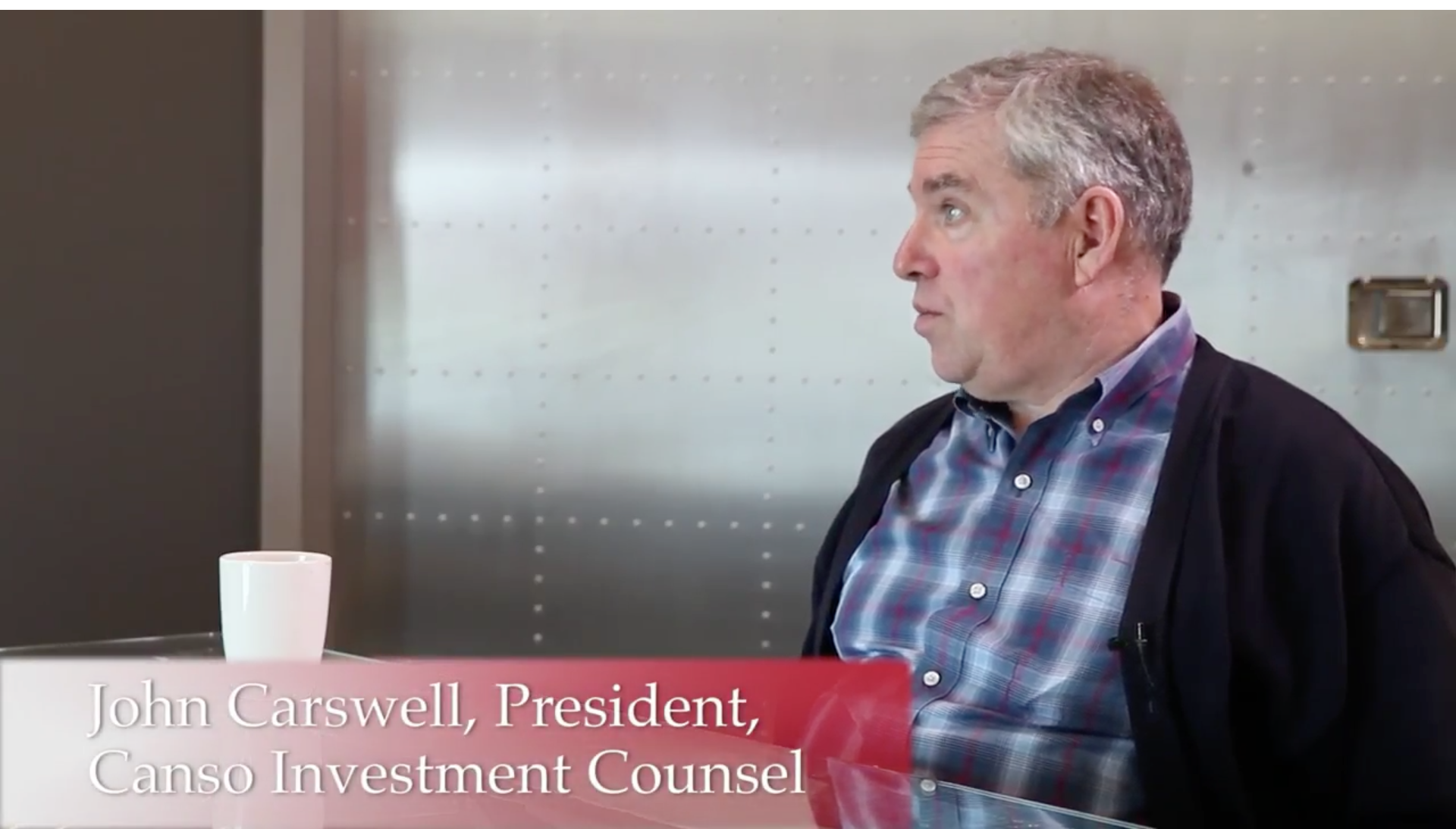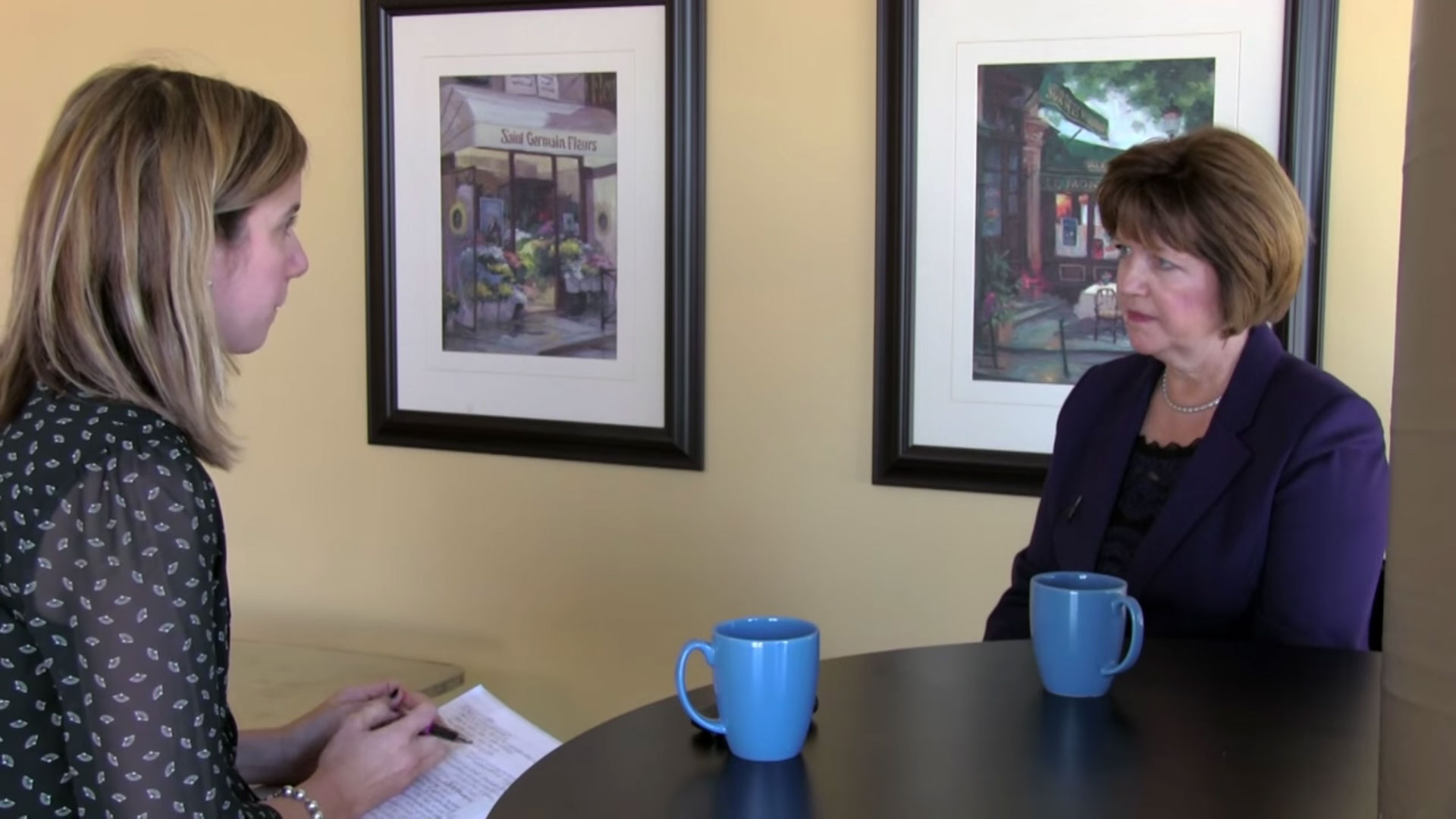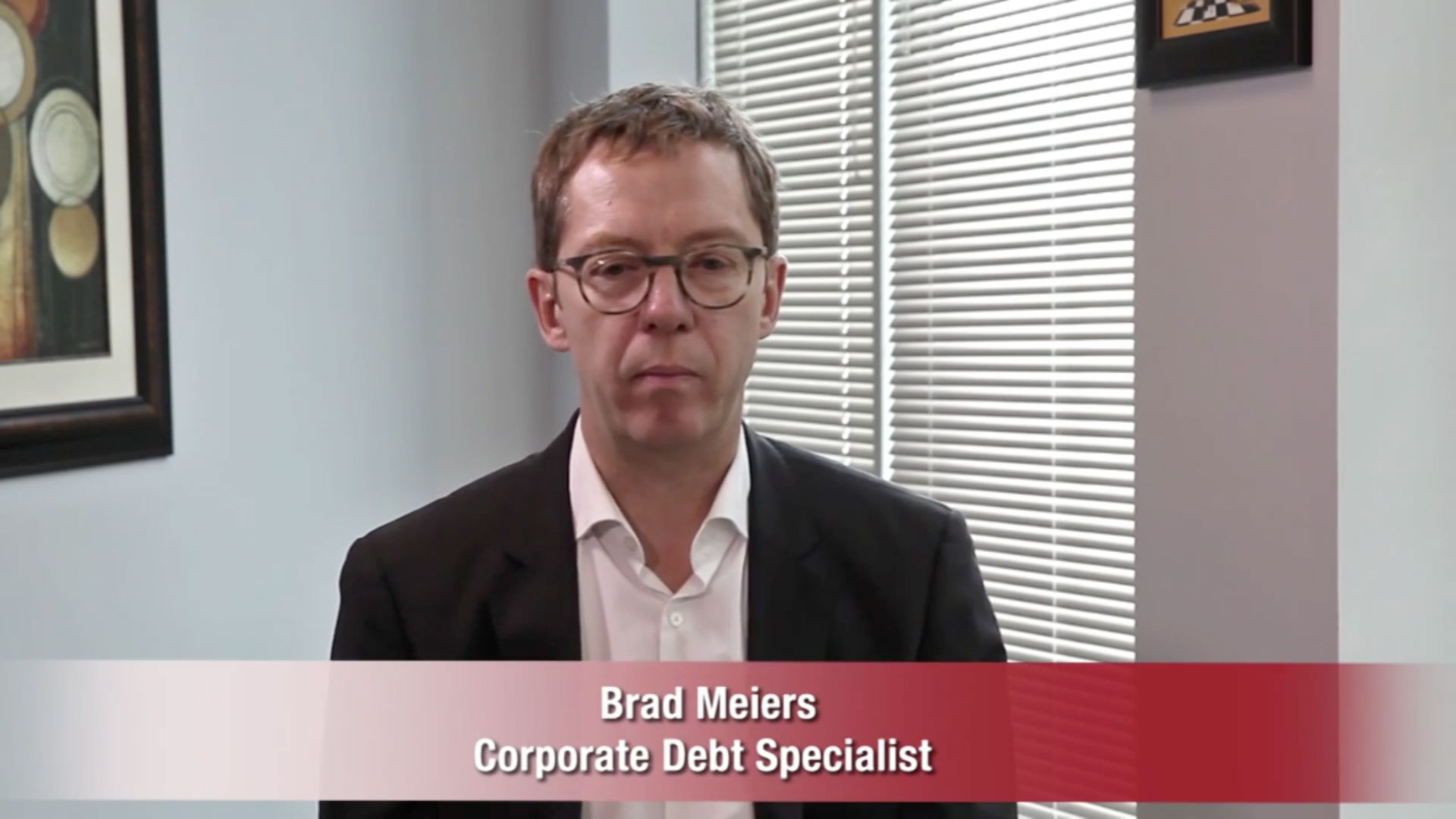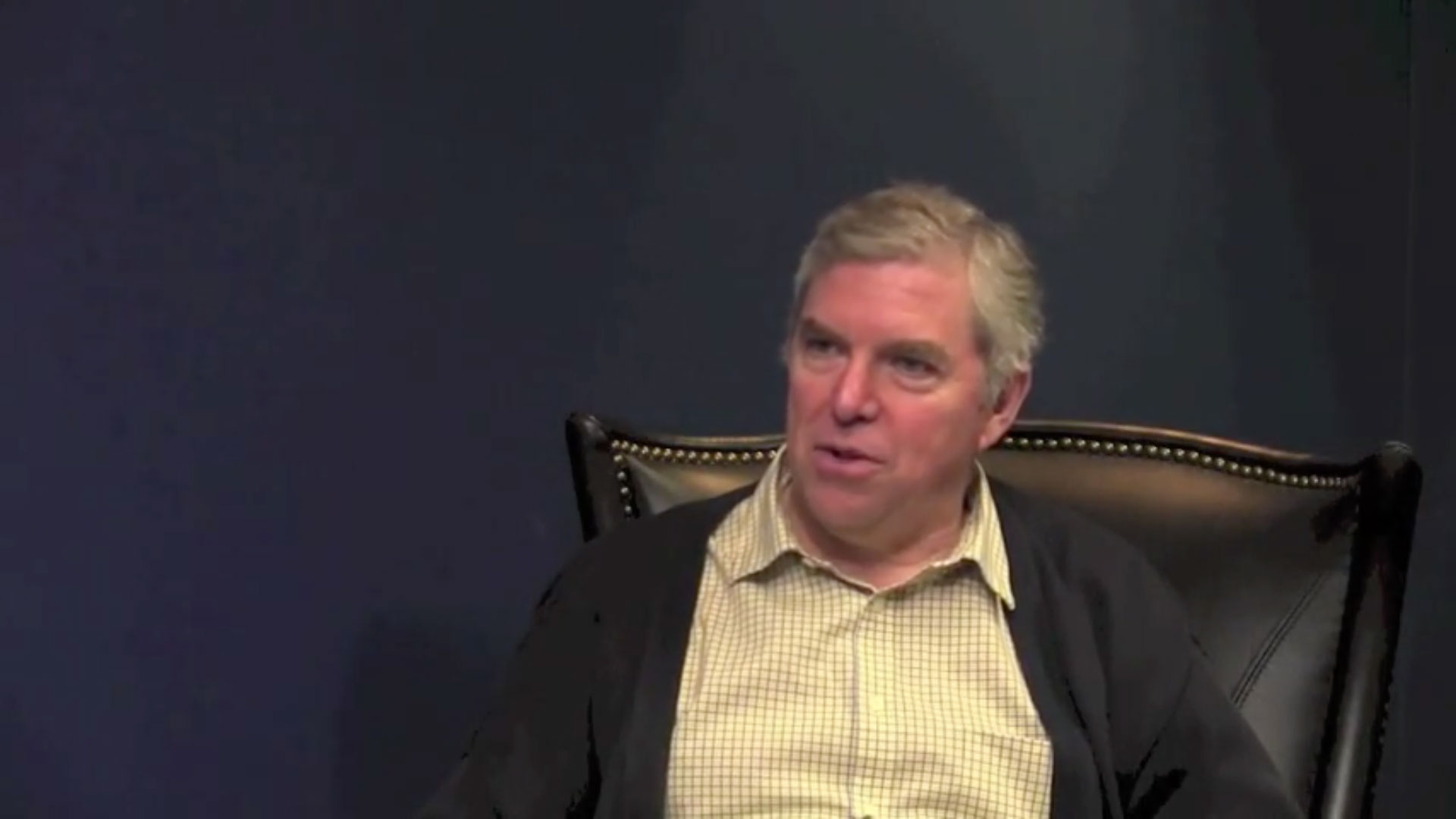M: Interest rates have been at a historic low since the 2008 financial crisis, but rates will start going higher, soon or later. The problem is that a lot of bond investors don’t understand the relationship between rising rates and bond prices. John Carswell, the president of Canso Investment Counsel, says investors should realize that they’re making a mistake if they think that bonds represent complete safety.
R: I think part of the problem is that people don’t understand all the factors and relationships that go into bond prices/bond deals and how they work. They sort of think it’s a fixed income and get this, “I’m safe.” Can you maybe tell us a little bit about the relationships and outside factors that can impact the value of a bond?
JC: You demand your interest rate and the rate of inflation and a risk premium. So when you look at it, that’s what people will do their calculations at. If you go to a country with high inflation, nobody lend you money at a fixed rate for any period of time. It’s all floating rate.
Over a long period of time, you normally get paid a couple of percent above inflation for treasury bills and if you buy a long-term bond on top of that, maybe another percent. So a safe government bond that won’t default, you might have inflation or interest rates change. You might get 3% above inflation which is targeted at 2%, so 5%.
So you know will inflation go up? Perhaps, you know I think they’ll be successful at hitting 2% for inflation and should T-bills be 2% above inflation? Well that’s the historical record. You know, why would I lend somebody money and get no return in a real sense for it? So now we’re into a situation where the value of a bond…say the value of a five-year bond right now at under 1% in Canada. Why would I lock my money up for five years at 0.8% or 1% say. When inflation is going to be 2? I’d rather just put my money in
something that had the rate of inflation. And so short-term interest rates are very low, T-bill is 0.6-0.7% and a five-year bond would be 1% and a ten-year bonds 1.8%. So you’re not really compensated for the risk that inflation could actually be what the Bank of Canada’s targeting.

